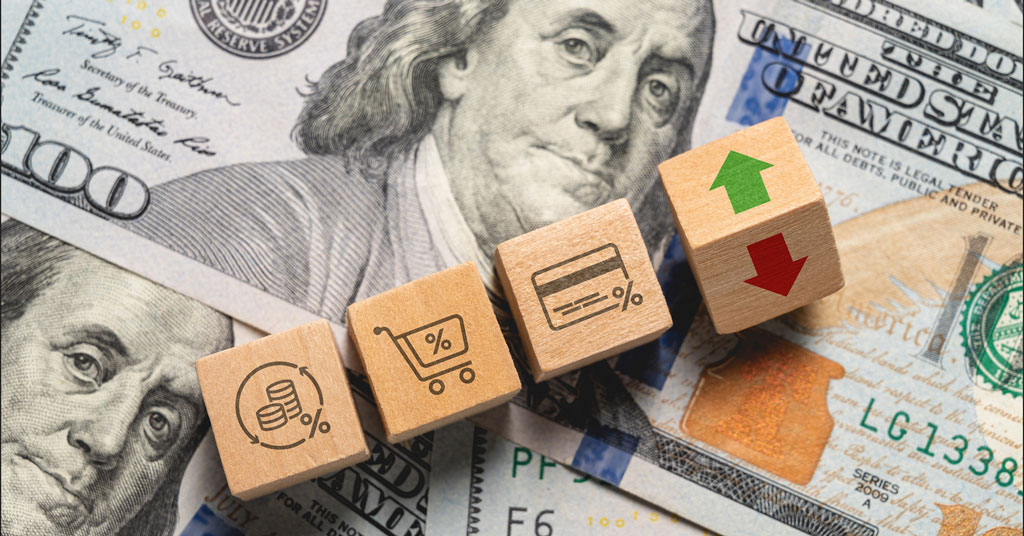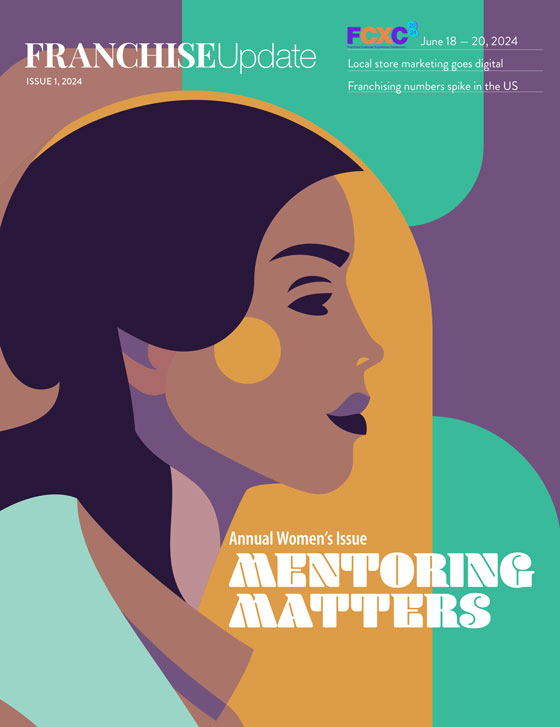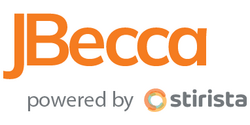"Shrinkflation, Greedflation, and Tipflation": Why customers are less loyal than ever before

Since the pandemic, customer experience in nearly all industries has dropped to a two-decade low. Customers, patients, clients, tenants, guests, or whatever you may call the people buying your services and products have been frustrated during these tough times.
Due to an unprecedented booming economy, leaders started taking shortcuts, solely focusing on sales and profit, reducing their hiring standards to fill positions because of rapid growth. They expected and demanded more of their employees, including their customer service representatives, yet they did not invest in the employee culture and customer experience. All of this caused employee burnout, low employee morale, and high turnover—enter the Great Resignation. Add to that the supply chain issues, and the customer service recession ensued.
If all of that wasn’t enough, customers had to deal with inflation, and then to improve margins, organizations started introducing “shrinkflation,” “greedflation,” and “tipflation.”
Shrinkflation”
When brands are faced with rising costs of production, traditionally they have two options: raise prices, which could result in a loss of sales, or accept lower margins (profits), which will result in unhappy shareholders and dropping stock prices. However, a third, self-serving option that many brands chose to apply is the strategy known as shrinkflation. It’s a form of retail camouflage where consumers pay more without realizing it. By shrinking typical item sizes and net weights, businesses aim to cover rising labor and material costs without increasing the prices of their products. They hope consumer spending will remain at the same level.
This cagey method of value adjustment is particularly reflected in food prices. You probably wouldn’t notice if a bag of chips had five fewer chips or if your roll of paper towels contained fewer sheets. Manufacturers don’t think consumers will realize these seemingly small adjustments have been made. For example, Gatorade reduced its bottle size from 32 to 28 ounces while charging the same price, which is equivalent to a price increase of about 14%. Even packages of Reese’s Peanut Butter Cups, beloved by many for decades, have seen a 0.10-ounce decrease in size since the early 2000s.
Greedflation
“Greed is good. Greed is right. Greed works.”
Contrary to the words of Gordon Gekko, the ruthless character from the movie “Wall Street” played by Michael Douglas, greed leads to unethical behavior. Today, as a society, we seem numb to corporate scandals: Enron, WeWork, Theranos, Uber, Arthur Anderson, Facebook, Lehman Brothers, and BP. The list goes on and on. When unethical corporate behavior becomes the norm, brands lose the trust of their employees and their customers.
However, even if an organization is not behaving illegally it can still behave unethically. Greedflation refers to how employee compensation is falling behind relative to senior-level executive pay. The last time the federal minimum wage was increased was in 2009, so it has declined by 26 percent since then. The Economic Policy Institute estimates that CEO compensation has grown 1,460% since 1978 while typical worker compensation has risen just 18%. In 2021, CEOs of the top 350 firms in the U.S. made $27.8 million on average—400 times more than a typical worker.
Tipflation
Not only has the average tipping percentage increased dramatically, but who we tip has expanded. It doesn’t matter if you are picking up an order to go or a cashier is ringing out items you selected to purchase. The employee spins the iPad around asking how much you would like to tip. Consumers feel pressured to not only tip, but tip well with the employee standing there watching. This is known as “guilt-tipping.”
Tipflation and tip creep are terms to describe the recent widespread expansion of gratuity to more industries. Traditionally, it was prevalent in only full-service restaurants.
The most frustrating part is how businesses are trying to put the burden on their customers to provide their employees with a livable wage. We no longer reward excellent service with a generous tip. The increase in asking customers to tip is causing a poor customer experience.
DoorDash is working the guilt-tipping movement. Recently, DoorDash started sending out an alert to customers who choose not to tip, saying, “Orders with no tip might take longer to get delivered—are you sure you want to continue?”
The app also shares this alert with customers, “Dashers can pick and choose which orders they want to do,” says the alert, which refers to its delivery drivers as Dashers. “Orders that take longer to be accepted by Dashers tend to result in a slower delivery.”
One DoorDash driver shared with Business Insider that his earnings have plummeted over the past five years, and DoorDash’s pressuring customers to tip has not helped his earnings. Since the announcement of the no-tip warning, he’s noticed a drop in tips, he said. “It’s pretty crappy that they’re turning on us,” he said of DoorDash. “I do feel like the customer should tip us a bit better. But at the same time, DoorDash should pay us better.”
Earlier this year, DoorDash started sending messages encouraging their customers to tip their drivers more. These messages told customers that they could increase tips for 30 days after a delivery.
John R. DiJulius III, author of The Customer Service Revolution, is president of The DiJulius Group, a customer service consulting firm that works with Starbucks, Chick-fil-A, Ritz-Carlton, Nestle, PwC, Lexus, and many more. Contact him at 216-839-1430 or [email protected].
Share this Feature
Recommended Reading:
FRANCHISE TOPICS
- Multi-Unit Franchising
- Get Started in Franchising
- Franchise Growth
- Franchise Operations
- Open New Units
- Franchise Leadership
- Franchise Marketing
- Technology
- Franchise Law
- Franchise Awards
- Franchise Rankings
- Franchise Trends
- Franchise Development
- Featured Franchise Stories
FEATURED IN

Franchise Update Magazine: Issue 1, 2024








 The franchise listed above are not related to or endorsed by Franchise Update or Franchise Update Media Group. We are not engaged in, supporting, or endorsing any specific franchise, business opportunity, company or individual. No statement in this site is to be construed as a recommendation. We encourage prospective franchise buyers to perform extensive due diligence when considering a franchise opportunity.
The franchise listed above are not related to or endorsed by Franchise Update or Franchise Update Media Group. We are not engaged in, supporting, or endorsing any specific franchise, business opportunity, company or individual. No statement in this site is to be construed as a recommendation. We encourage prospective franchise buyers to perform extensive due diligence when considering a franchise opportunity.